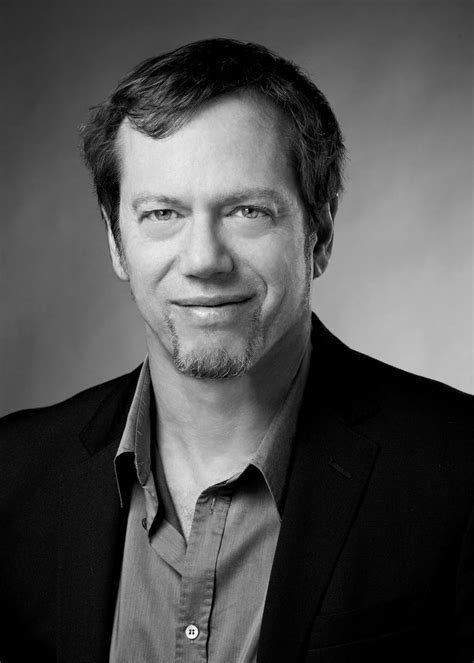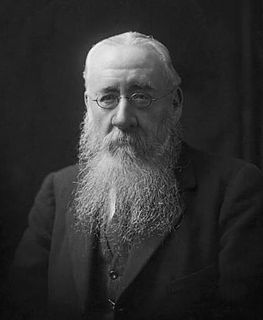A Quote by Wilhelm von Humboldt
If we reason that we want happiness for others, not for ourselves, then we ought justly to be suspected of failing to recognize human nature for what it is and of wishing to turn men into machines.
Related Quotes
Understanding human nature must be the basis of any real improvement in human life. Science has done wonders in mastering the laws of the physical world, but our own nature is much less understood, as yet, than the nature of stars and electrons. When science learns to understand human nature, it will be able to bring a happiness into our lives which machines and the physical sciences have failed to create.
We begin from the recognition that all beings cherish happiness and do not want suffering. It then becomes both morally wrong and pragmatically unwise to pursue only one's own happiness oblivious to the feelings and aspirations of all others who surround us as members of the same human family. The wiser course is to think of others when pursuing our own happiness.
Though we may be genetically wired for temporary happiness, we've also been gifted with the ability to recognize within ourselves a more profound and lasting sense of confidence, peace, and well-being. Among sentient beings, human beings appear to stand alone in their ability to recognize the necessity to forge a bond between reason, emotion, and their instinct to survive, and in doing so create a universe-not only for themselves and the human generations that follow, but also for all creatures who feel pain, fear and suffering-in which we are all able to coexist contentedly and peaceably.
To see ourselves as others see us can be eye-opening. To see others as sharing a nature with ourselves is the merest decency. But it is from the far more difficult achievement of seeing ourselves amongst others, as a local example of the forms human life has locally taken, a case among cases, a world among worlds, that the largeness of mind, without which objectivity is self-congratulation and tolerance a sham, comes.
In our concern for others, we worry less about ourselves. When we worry less about ourselves an experience of our own suffering is less intense. What does this tell us? Firstly, because our every action has a universal dimension, a potential impact on others' happiness, ethics are necessary as a means to ensure that we do not harm others. Secondly, it tells us that genuine happiness consists in those spiritual qualities of love, compassion, patience, tolerance and forgiveness and so on. For it is these which provide both for our happiness and others' happiness.
Lack of understanding of the true nature of happiness, it seems to me, is the principal reason why people inflict sufferings on others. They think either that the other's pain may somehow be a cause of happiness for themselves or that their own happiness is more important, regardless of what pain it may cause. But this is shortsighted. No one truly benefits from causing harm to another sentient being. . . . . In the long run causing others misery and infringing their rights to peace and happiness result in anxiety, fear, and suspicion within oneself.






































